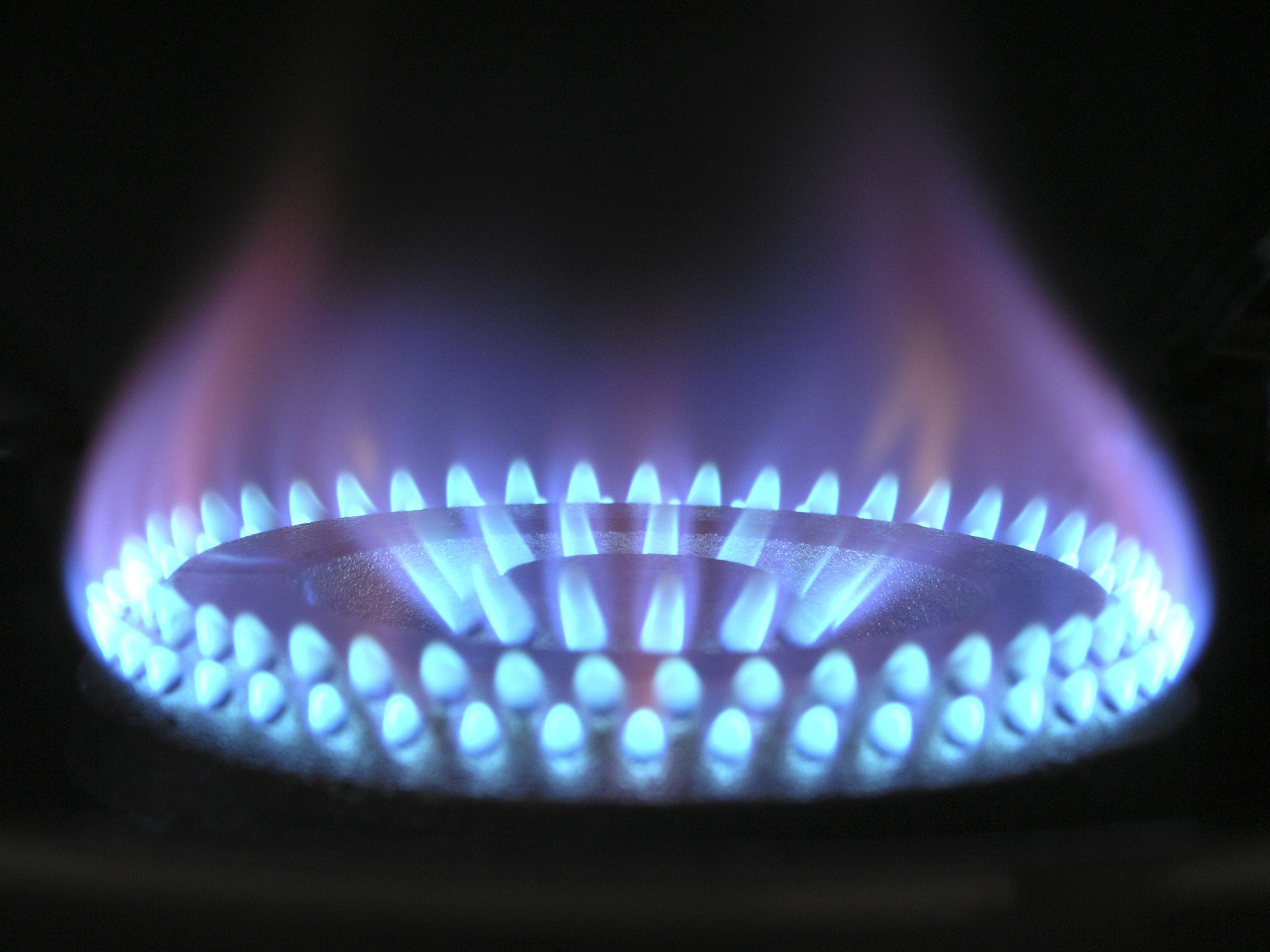California Cities Starting to Ban Natural Gas in New Buildings
Berkeley and Other California Cities Can Lead to a Statewide Phase-Out of Natural Gas

Next year, all new homes built in California must achieve zero net energy. The definition established for this requirement allows for natural gas to be used if it is offset by renewal energy produced on-site. Where used, natural gas precludes these structures from performing as carbon neutral — a basic goal in addressing climate change.
To rectify this serious omission, many cities in California are considering legislation to phase out natural gas. According to David Hochschild, chair of the California Energy Commission, 50 cities are actively exploring enacting such legislation. Per Hochschild, this must be the next step to meet the state’s mandate of 100 percent clean energy by 2045.
The City of Berkeley just became the first city to prohibit natural gas from most new buildings erected under its jurisdiction, starting January 1, 2020. The vote of the City Council was unanimous, as was spoken support from the community. A spokesperson from the Office of the President of the University of California emphasized strong support from the University. The University, under Janet Napolitano’s leadership, has set the goal of being carbon neutral by 2025, including its large vehicle fleet. According to the President’s Office, the University has been developing all electric buildings — laboratories, dormitories, and office spaces — on all campuses in all climate zones across the state and finding them to be cost-effective. The University already has a policy to avoid natural-gas space and water heating in new facilities.
In introducing the ordinance, Berkeley city councilmember Kate Harrison said that Berkeley’s electricity is already cleaner than natural gas, being 78 percent carbon-free. Natural gas produces 27 percent of Berkeley’s greenhouse-gas emissions (GHG) and 73 percent of its building emissions. One of the motivations for this legislation is that Berkeley, like the County of Santa Barbara, is seriously behind where it needs to be to meet its Climate Action Plan goal.
Shifting our buildings off natural gas could be draconian, since about 90 percent of all buildings in California use natural gas. Methane, a key component of gas, is a more potent GHG than carbon dioxide. Thus, it is imperative we make this shift. Community Choice Energy programs, such as the ones the County and City of Santa Barbara just approved, will help with this transformation by increasingly decarbonizing the electricity we use. Of course, installing photovoltaic panels on site to produce electricity from the sun is as clean as it gets, the only possible emissions being from the embodied energy in the panels during manufacture and transport.
Dennis Allen is chair of Allen Construction, an employee-owned company committed to building and operating sustainably. He also serves as chair of the Dean’s Council at the Bren School of Environmental Science & Management at UCSB and as a boardmember of the Community Environmental Council.



